The best albums of 2021
From tear-jerkers to star-making pop anthems
A free daily email with the biggest news stories of the day – and the best features from TheWeek.com
You are now subscribed
Your newsletter sign-up was successful
1. Pop

The tear-jerking mega-hit Drivers License put 18-year-old Olivia Rodrigo “on the fast track to pop superstardom”, said Neil McCormick in The Daily Telegraph. Sour, the debut album that followed, is a “pop opera of broken teen dreams” spiked with alt-rock attitude and “passive-aggressive wit”. It is an “almost masterpiece” that’s “exhilaratingly real”, said Rhian Daly on NME. Sour shows the singer-songwriter is “no flash-in-the-pan artist, but one who’ll be around for years to come”.
“The world may recently have lurched from one unimaginable crisis to another”, but at least there’s one constant, said Alexis Petridis in The Guardian: “Adele Adkins is still heartbroken and belting it out over a gentle piano and tasteful orchestration.” “Romantic despair” is Adele’s brand, and with 30 – whose theme, she told fans, is “divorce, babe, divorce” – she returns to it. It isn’t all piano ballads, though, said Jillian Mapes on Pitchfork. This is “Adele’s most ambitious album to date”, with influences from contemporary pop, R&B and hip hop, as well as jazz and musical theatre. It’s not perfect, but she is brave to have taken risks, artistically and emotionally – “with the whole world listening”.
The year’s other long-awaited comeback was rather more disappointing, said David Smyth in the London Evening Standard. Of course, it’s “miraculous” to hear Abba again, 40 years after their last album, but – with the exception of a couple of catchy singles – the tracks on Voyage “aren’t the songs people will clamour for” when they start touring again next year.
The Week
Escape your echo chamber. Get the facts behind the news, plus analysis from multiple perspectives.

Sign up for The Week's Free Newsletters
From our morning news briefing to a weekly Good News Newsletter, get the best of The Week delivered directly to your inbox.
From our morning news briefing to a weekly Good News Newsletter, get the best of The Week delivered directly to your inbox.
Striking a very different tone is the cult art-pop of St. Vincent, said Mojo. Her latest album, Daddy’s Home, is “masterful”: filled with “great melodies, deep grooves, colourful characterisations and sonic detail that reveals itself over repeated plays”.
Rebecca Lucy Taylor, aka Self Esteem, chose her stage name to cultivate a quality she sorely lacked, said Laura Snapes in The Guardian. Prioritise Pleasure shows that it worked: it’s “an album totally confident in its strange, brilliant vision”. A “powerfully intense record”, it features thundering drums and “huge communal choruses rich with gospel fervour and pop stickiness”. Self Esteem uses pop “as a vehicle for smuggling in darkly funny lyrics unpicking institutional sexism”, harassment and the like, said El Hunt on NME. It’s a brilliant record in which she grapples with the “fear, uneasiness and anger of being a woman” – but “manages to make us laugh” at the same time.
2. Rap and R&B
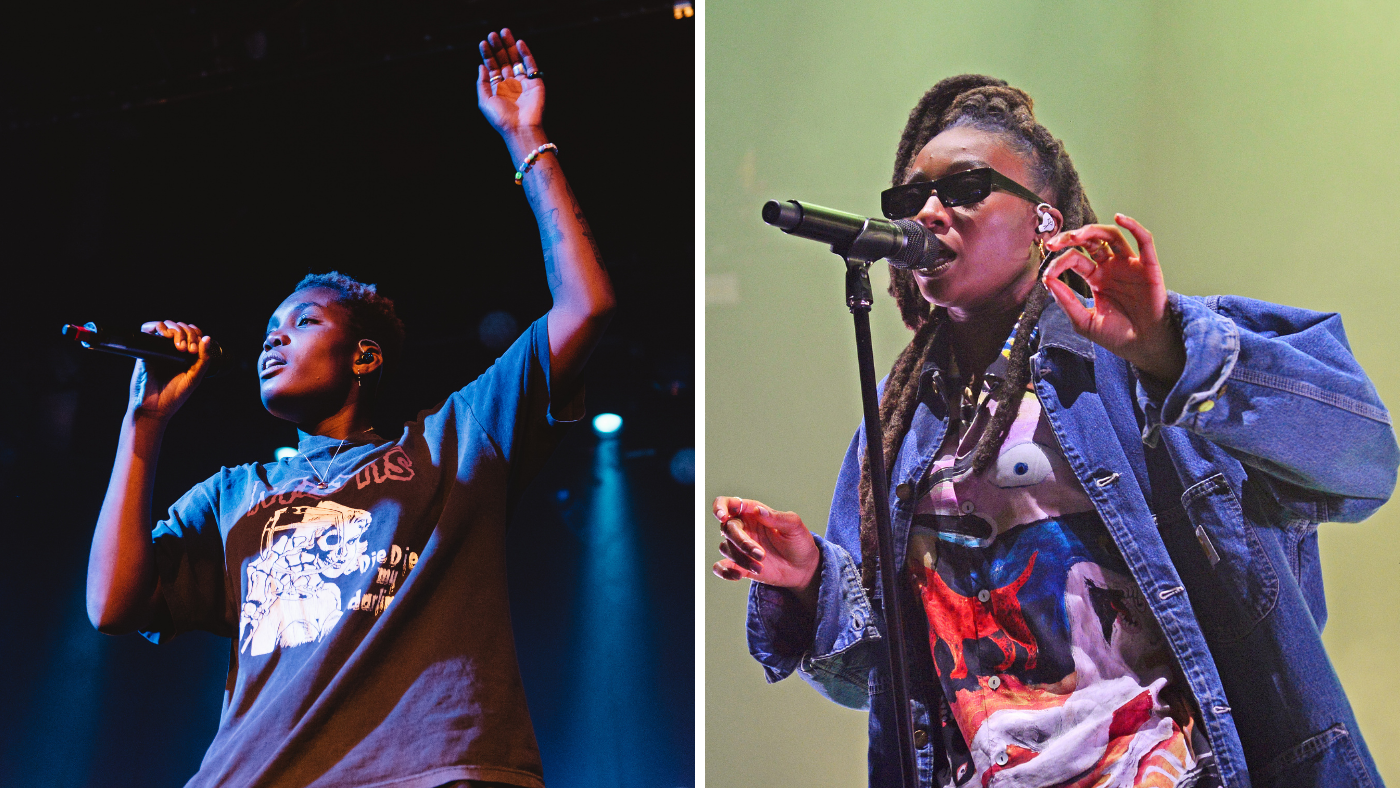
There was “considerable” hype around Arlo Parks’ debut album Collapsed in Sunbeams, said The Guardian: it won the Mercury Prize and a gong at the Brits. But it was well-deserved: “it is a fabulous album”. The West Londoner has “a lovely, airy voice; the songs are beautifully turned”. Parks is known as “the voice of Generation Z”, but there’s none of the “hollow sermonising” you might expect. Playing with everything from trip-hop to neo-soul, Collapsed in Sunbeams is “silky and sublime”, said Tara Joshi in The Observer – a “quietly enriching and powerful” record.
“Sometimes I Might Be Introvert is the most thrilling album of the year,” said Helen Brown in The Independent. The fourth full-length release by the British rapper Little Simz is “loaded with drama. Huge Bond theme-level orchestration. Massive soulful choirs. Sexy vintage soul samples. 1970s Afrobeat.” And “the voice of a rapper who knows when to punch forward and when to step back”. Little Simz has “previously objected to being described as the best female rapper in Britain”, said Neil McCormick in The Daily Telegraph. This “magnificent” album shows “that she is one of the best rappers in the world, period”.
A free daily email with the biggest news stories of the day – and the best features from TheWeek.com
Dave, another leading light of British rap, released his “towering” second album, We’re All Alone in This Together, this year, said Will Pritchard on Pitchfork. Still only 23, he “raps as if he’s lived several lifetimes”. “No wonder millions hang on his words.”
3. Electro
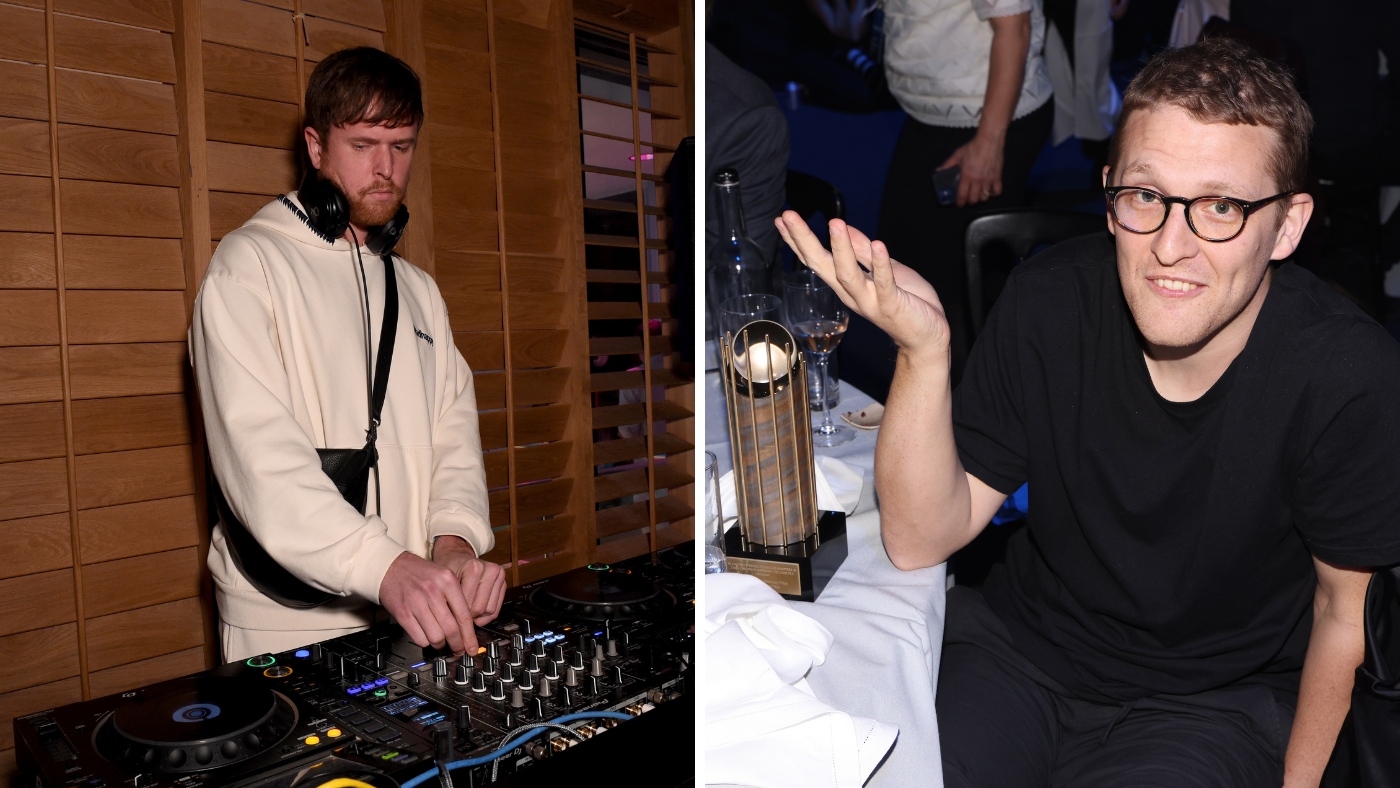
James Blake’s “dexterity and ambition” impress on his fifth album, Friends That Break Your Heart, said Ella Kemp on NME. Piercing lyrics are matched by innovative production, and it’s all suffused with Blake’s “almost holy melancholy”. A beautiful and uncomfortable album.
“Not strictly classical, jazz or ambient electronica”, Floating Points’ extraordinary album Promises embodies the best of all three, said Kitty Empire in The Observer. Made in collaboration with jazz legend Pharoah Sanders and the London Symphony Orchestra, this is music to swoon to.
4. Rock, blues and folk
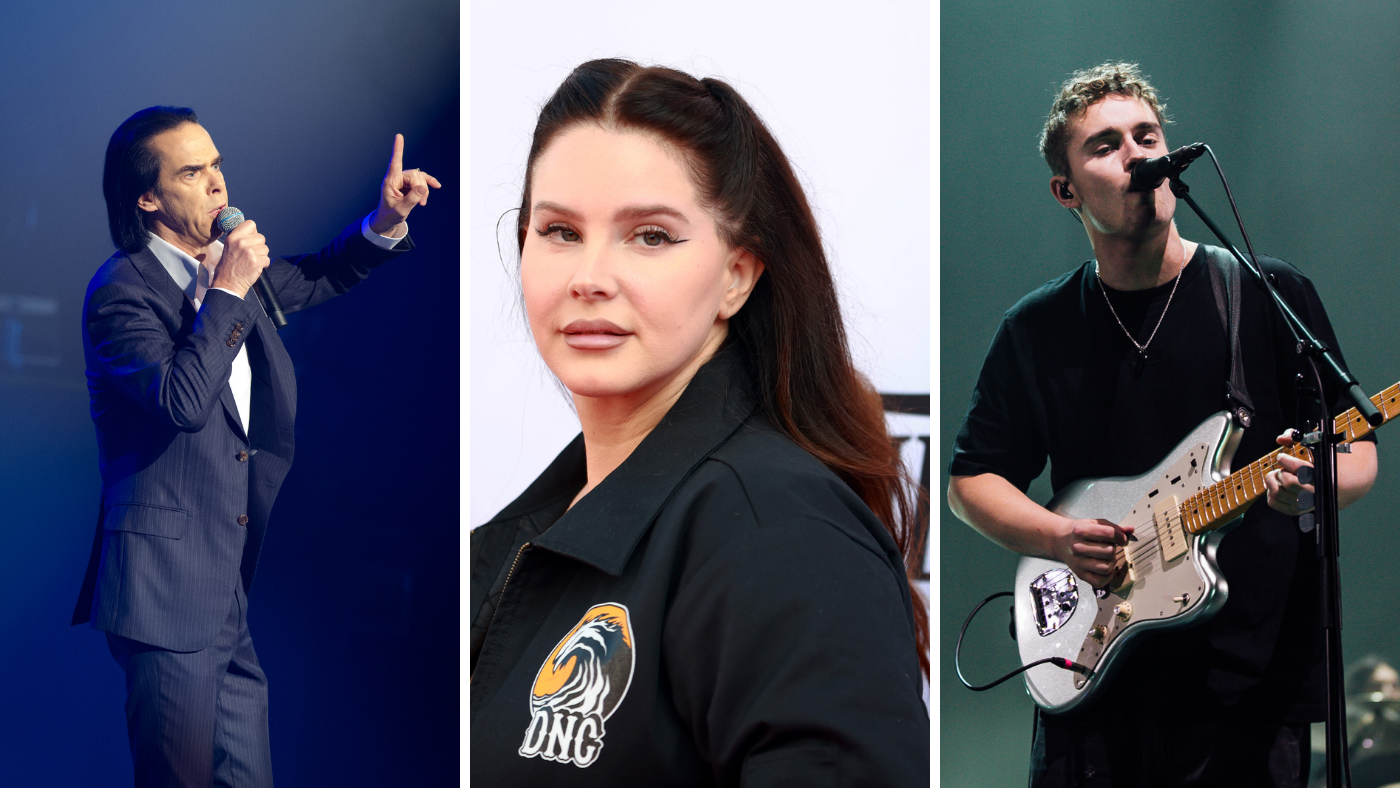
Carnage, Nick Cave’s latest album with the Bad Seeds’ Warren Ellis, is “brutal and beautiful”, said Helen Brown in The Independent. Written in lockdown, and inspired by the death of Cave’s son in 2015, it comes charged with a “restless, floor-pacing energy”. With his “Gothic poetic bent”, Cave is “not a songwriter to everyone’s tastes”, said Neil McCormick in The Daily Telegraph, but he is “an artist pushing the modern popular song as far and deep as it can go, and, at 64, he just keeps getting braver”. This “may just be the greatest lockdown album yet”.
Approaching middle age has “mellowed” The Coral, said Michael Hann in The Guardian. The Merseyside band’s new sound has a sunny, “gently psychedelic chug”, without the spikiness of their earlier work. And the melodies pour out of their “glorious, sprawling” new album, Coral Island, “like ice-cream from a Mr Whippy machine”. This themed LP about a fictional seaside resort is a “masterpiece”, said Robin Murray in Clash Magazine. The bar is set high from the off, and the band “never fail to reach it”.
Chemtrails Over the Country Club is Lana Del Rey’s “folksiest” album yet, said Mina Tavakoli on Pitchfork. In her songs, she travels to Arkansas, Nebraska and Oklahoma, recalls life as a waitress, “lauds Jesus erotically, and affects a little twang” – but never loses the “romantic melodrama” of her earlier work. Del Rey explores the contrast “between the Americana of white picket fences and the nation’s uneasy dark side”, said Kitty Empire in The Observer. The result is an album “chock-full of beauty”.
“It can’t be easy being anointed as the Bruce Springsteen of North Shields,” said Will Hodgkinson in The Times. But Sam Fender pulls it off again on his excellent second album Seventeen Going Under, with songs about “bruised masculinity and the reduced expectations of working-class lives”, set against a “classic rock sound”. The effect is “huge and fantastic”, said David Smyth in the London Evening Standard – both profoundly sad and “a euphoric singalong”.
“A heartbreak album about climate change – yes, really,” said The Times. Tamara Lindeman, who fronts The Weather Station, poured her anger and grief about the climate into Ignorance, a “fascinating” album on which her vocals blend with “skittering percussion, floating piano chords and string flourishes”.
5. Indie and alternative
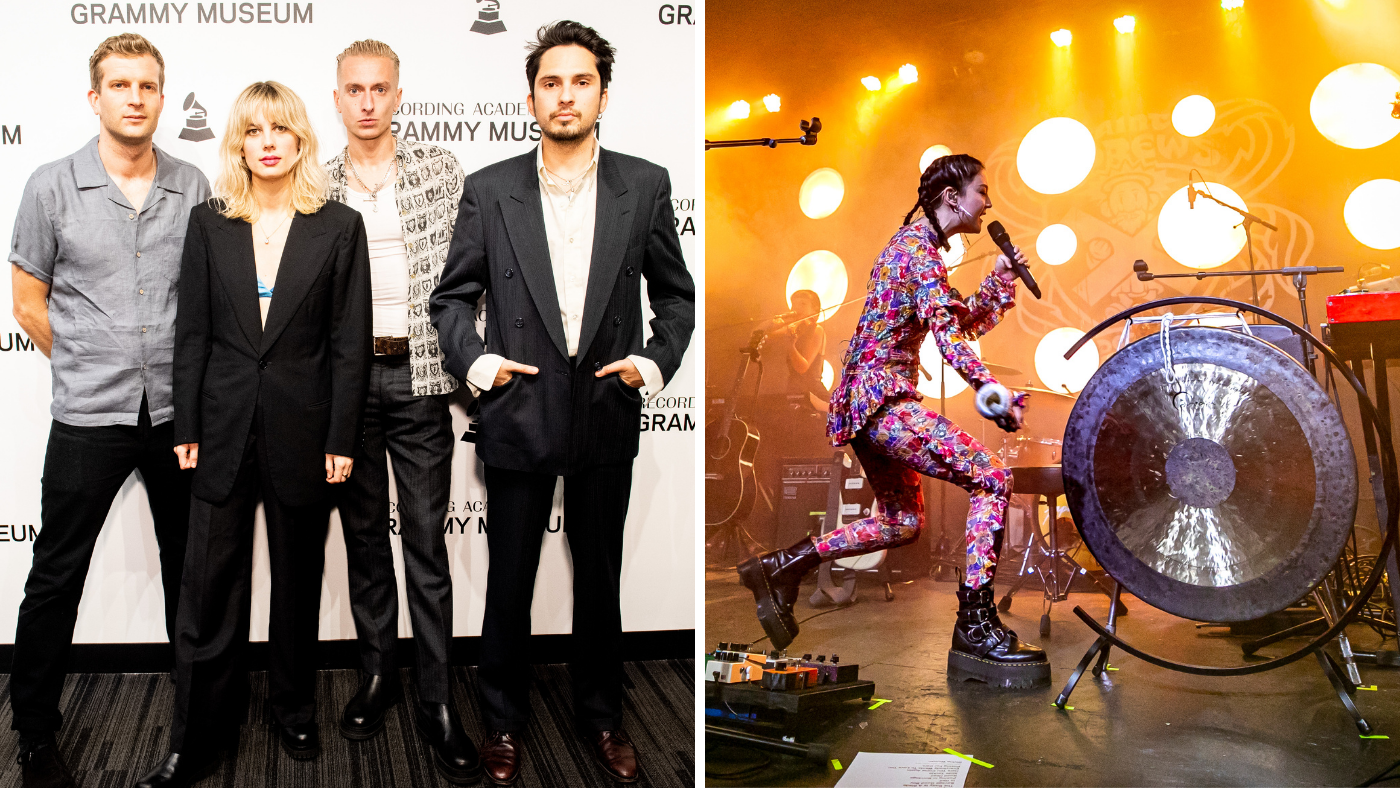
The four-piece London band Wolf Alice specialise in “ethereal grunge”, said James Hall in The Daily Telegraph: distorted guitars, shouty choruses and floaty pop melodies. Blue Weekend refines this sound and takes it in “dizzying new directions”. The result is “undeniably Wolf Alice”, with “earworm melodies and dense atmospherics”. “A triumph.”
Michelle Zauner (aka Japanese Breakfast) made her name with songs about grief and trauma. Now she has finally “located the sun”, said Sheldon Pearce in The New Yorker. Her voice “sparkles” in her lush third album, Jubilee. The songs on this “joyful”, Bjork-esque record are wonderfully open – “to discovery, to feeling, and the possibility ofabrighter tomorrow”.
6. Classical
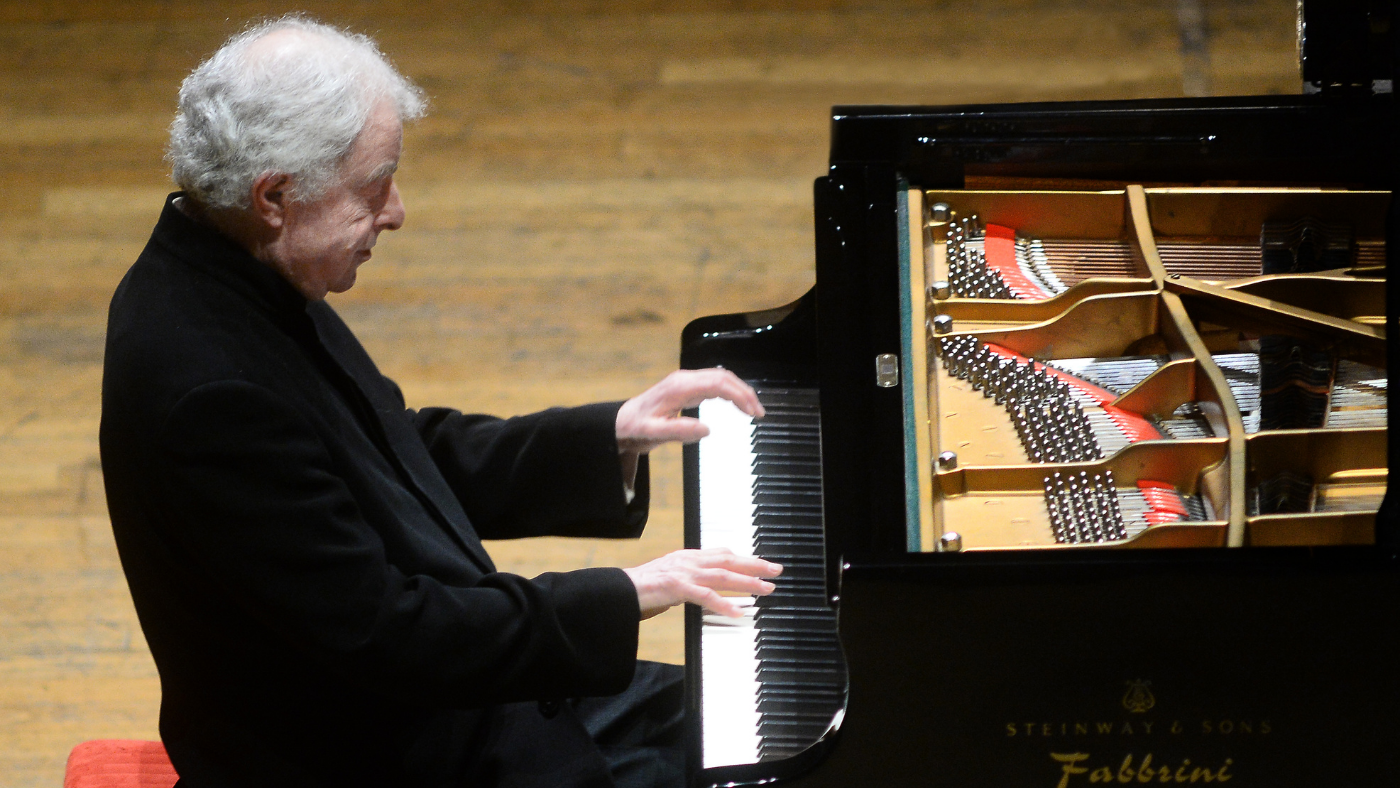
András Schiff has been exploring the possibilities of period instruments for years, said Richard Fairman in the FT, but his latest recording, Johannes Brahms: Piano Concertos is “his most ambitious project yet”. Schiff plays a Blüthner piano dating from 1859, the year of Brahms’ First Concerto, with the Orchestra of the Age of Enlightenment, whose musicians use gut strings and natural horns from the same period. The result: two performances that are much “lighter on their feet” than we are used to. They offer “poetry and a strong sense of drive and purpose”.
The Australian composer Liza Lim’s “deeply impressive” collection Singing in Tongues features the five operas she’s written to date, said Andrew Clements in The Guardian. The set is a “superb demonstration” of her originality, making “one want to hear her other stage works as soon as possible”. The libretto of The Oresteia doesn’t retell the original drama but explores “the roots of enmities that power it”, generating sounds that are “visceral, confrontational and totally compelling”. “It’s hard to believe that Lim was just 24 when she composed it”.
Mahan Esfahani “has never been one to play it safe”, said Paul Riley in Classical Music Magazine. And now the Iranian-American harpsichordist has tackled Bach’s six partitas (a set of very demanding keyboard suites written in the 1720s) “head on”, interpreting them with idiosyncracy and with a “delicious rhythmic playfulness”. BWV 825’s Menuet 1 has the “solidity of a bürgermeister mindful of his respectability”, but at the start it “positively boogies”. The Six Partitas might not be for everyone, but “Esfahani’s joie de vivre can be uniquely captivating”.
The Polish pianist Krystian Zimerman first recorded Beethoven’s concertos in 1989, said Patrick Rucker in Gramophone; fast-forward 32 years and he’s done it again, this time with Simon Rattle and the London Symphony Orchestra as collaborators. In the Complete Piano Concertos, Zimerman displays “an almost impish pleasure in Beethoven’s fecund imagination”, his “rhythmic verve” providing “endless variety”. The pandemic nixed a real celebration of Beethoven’s 250th anniversary. But the release of works such as this wonderful Zimerman/Rattle/LSO collaboration “provides something like compensation”.
A good number of pianists have been taking up the works of Tudor virginal composers like William Byrd and John Bull on the modern concert grand, wrote Jed Distler in Classics Today. “Yet only a handful have truly internalised the music to Kit Amstrong’s remarkable degree.” Armstrong makes full discerning use of the piano’s “dynamic and coloristic resources”, taking, for example, Byrd’s Sellinger’s Round at a “galloping, lilting clip”. The “total independence” of Armstrong’s hands makes it sound “as if there are two different pianists playing two different instruments”. Both recordings are “a revelation”.
7. Jazz
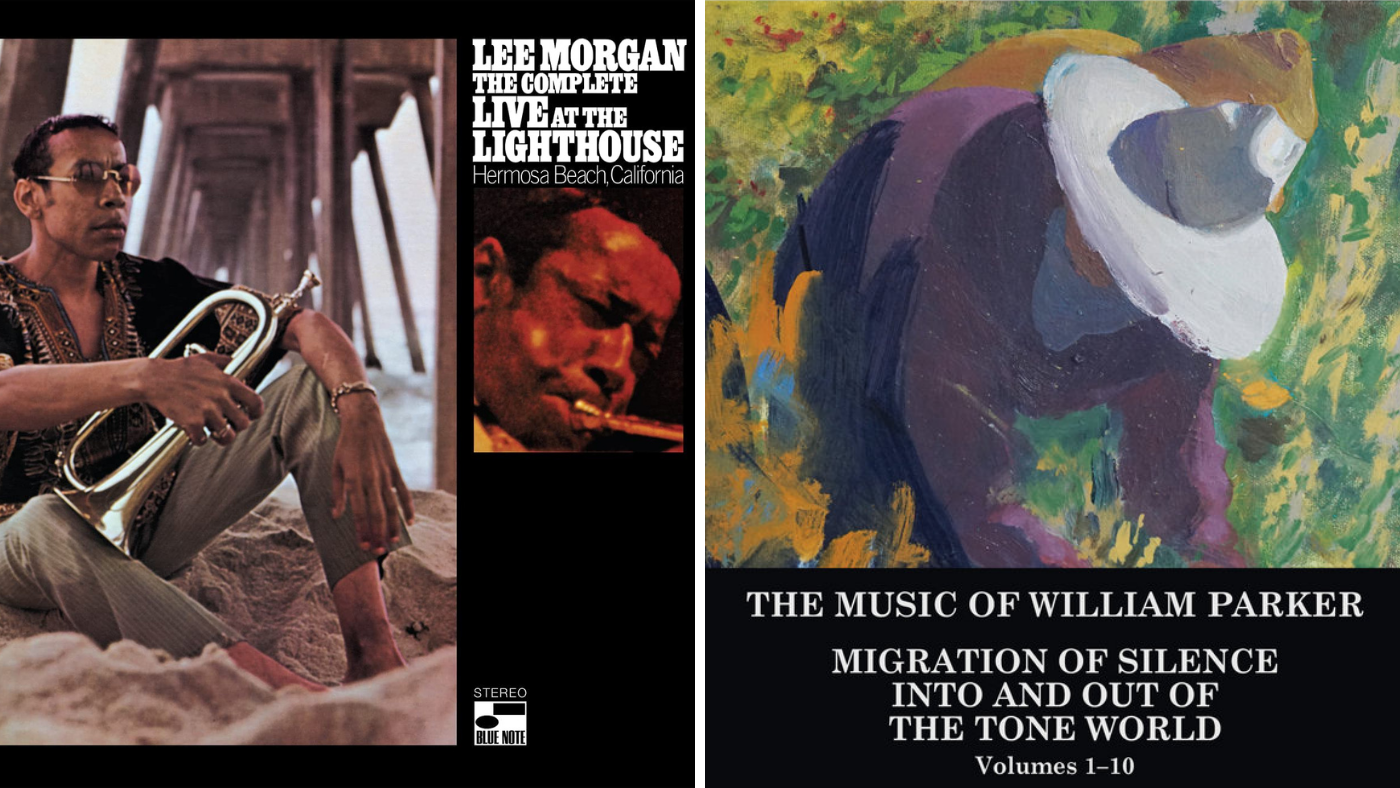
Lee Morgan’s Live at the Lighthouse was already a classic album, said Olie Brice in London Jazz News. But this eight-CD box gathers every morsel of music the band played during Morgan’s residency at the Lighthouse café in Hermosa Beach, California, in 1970. It’s an “absolute joy” – all the more precious in a year where “none of us have heard enough live jazz”. The Complete Live at the Lighthouse has been pulled together with “real care”, and the remastered sound is “superb”. Highly recommended.
The free jazz double bassist William Parker is “mainly associated with the avant-garde”, said Kevin Le Gendre in Jazzwise. But Migration of Silence Into and Out of the Tone World, a “sumptuous” ten-CD box set, shows he has “never been stylistically limited”. This wonderful collection shows him foraying into blues, funk and reggae. The music has “a yearning melodic sensibility”, and is given depth by the “astute” use of strings, horns, non-Western instruments and voices.
When Chris Barber died aged 90 in March, he had recently retired after leading a band for 70 years, said Dave Gelly in The Observer. “You can’t celebrate that with an album and a few notes”; so A Trailblazer’s Legacy is a package of four CDs and a book tracking his career. Unlike other “trad bands”, Barber’s never got stuck in a rut. Every record, every tour was a fresh start. The results, captured here, can be “quite spectacular”.